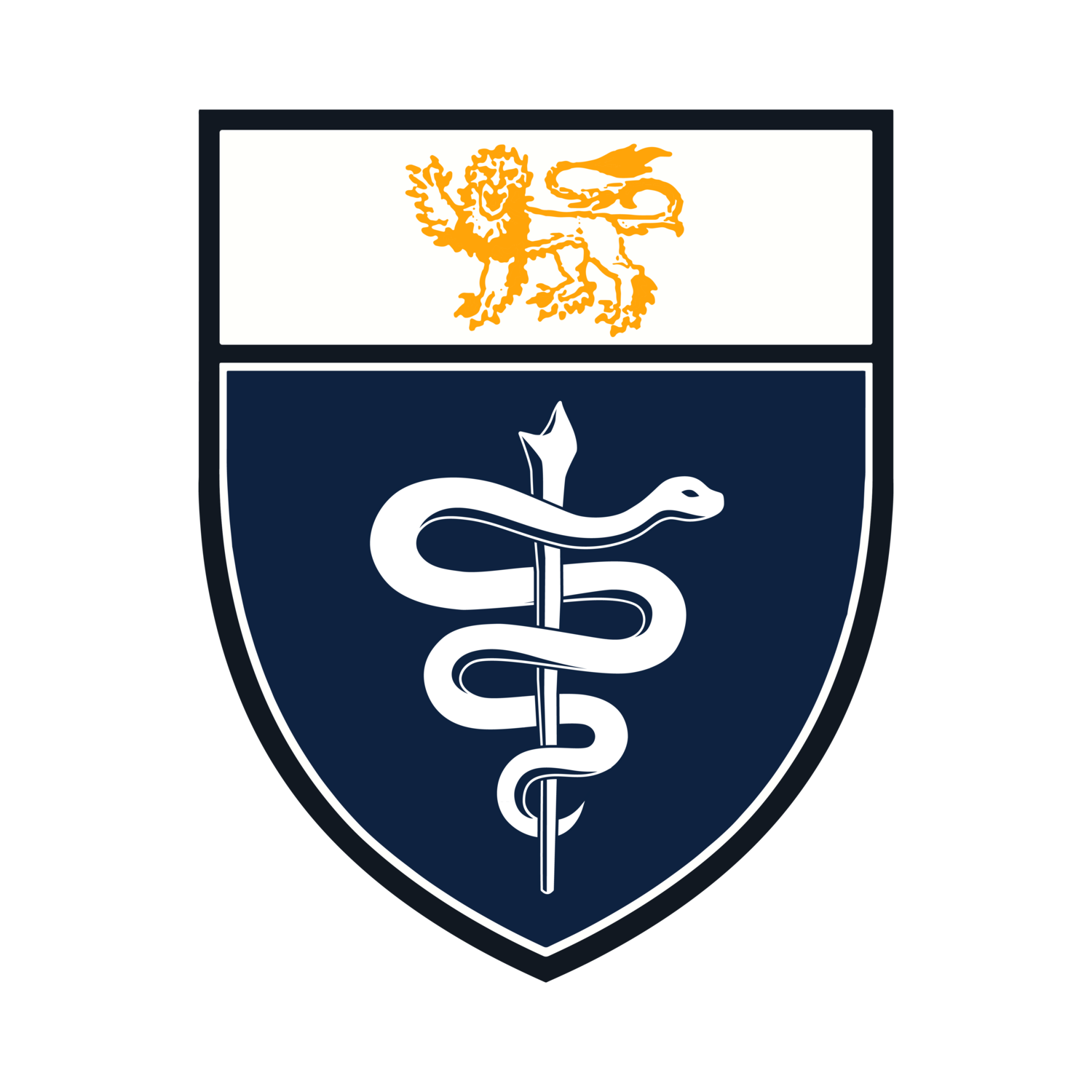It is the time of the year as each batch transitions into their next year of medical school and as we congratulate our M5s for finishing their MBBS. The nervousness of going into clinical years is natural for many, whilst we wonder how best to handle the jump from the books to the wards. We figured who better to ask for advice and wisdom than our seniors who have walked these years before us. We are thankful to the seniors from both Class of 2020 and 2021 who have given their invaluable suggestions for this article (we apologise for not being able to include all of it in detail!). All the responses were deeply meaningful and we will try to sum it up as best as we can here.
The Academic Side of Clinical Life
The first question frequently asked would be what study resources to use. Some are commonly used, such as the Oxford Handbook of Clinical Medicine for Internal Medicine or the Clinical Practice Guidelines for Family Medicine or MedBear for General Surgery. Yet, asking different people would yield different answers on what works best for them. Eventually, whether it be textbooks or seniors’ notes, it is alright to take the time to find what suits your studying style the most.
With clinical life, theory becomes a companion to clinical skills. Besides reading up and building our theoretical knowledge, seniors (and doctors) have always encouraged us to keep practising. After all, it is not the same reading about a physical examination, performing it on a real patient, and eventually translating the signs seen into a differential diagnosis.
In the wards and clinics, one other aspect to observe would be the communication between both healthcare staff and patients. With every clinical experience, it is essential to learn how to handle various situations with respect and empathy. Breaking bad news, angry patients, conflicts among a team—though these are not everyday situations, they are instances we must learn to handle with professionalism. It is never too early to watch and learn from the doctors around us on how they communicate to reach solutions. These are intangible skills that also come in useful when we might have to counsel patients in the future as we exit medical school.
And our seniors’ essential advice: stay humble to learn. It is a vast world of knowledge out there but it is crucial to not let this daunt our desire to learn. Instead, actively asking questions and making the most out of every learning opportunity, will help to achieve consistency in our learning.
The Non-Academic Side of Clinical Life
Whilst we may sometimes focus on the new academic expectations of clinical life, our seniors have also reminded us that academics is not all there is to our clinical years. For example: pursuing a hobby outside of medicine. Some might find that several doctors might open a conversation with what hobbies you enjoy as well. Having something you enjoy outside of medicine does not mean having to choose one over the other; they can certainly co-exist and hobbies can help to relieve some stress from the increased rigor in our clinical years.
Ultimately, our seniors’ words of wisdom: one must remember that Medicine is also about the people you journey with. Although entering clinical life will not be an easy ride ahead, supporting one another is both intangible and invaluable. Learning together, being kind to and looking out for each other are no less important than seeing an additional sign. For many, it is not just about completing medical school, but to emerge on the other side with precious friendships—with those who have walked alongside them to be where they are today.
Careers Magazine would again like to thank the seniors who have given us their advice and lent their words of wisdom to this article. We wish you all the best in your future work as well!

